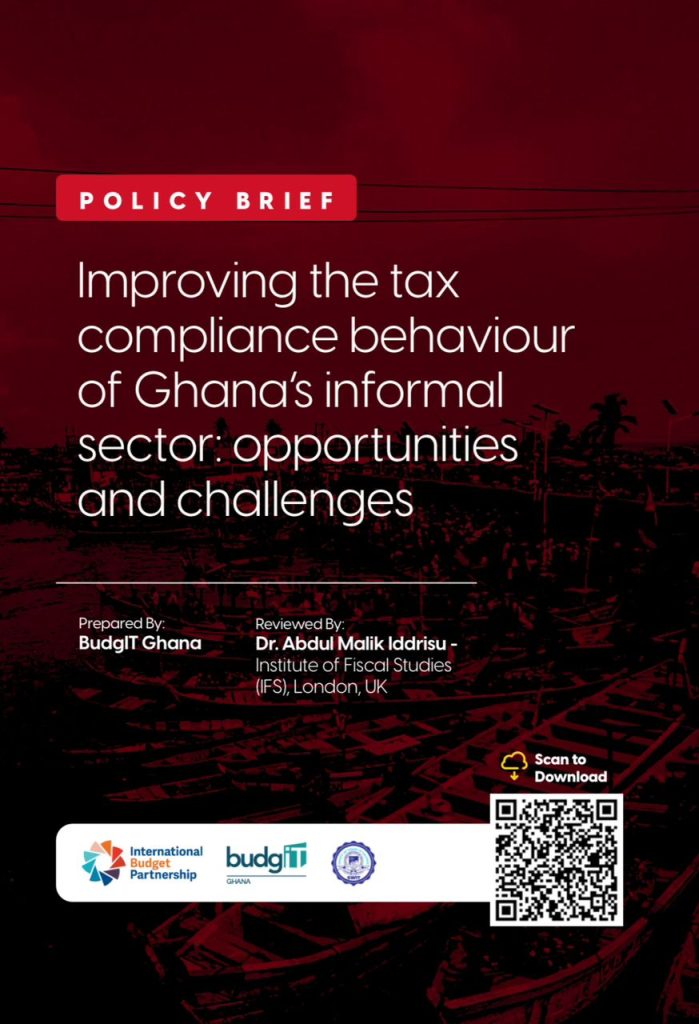Improving the tax compliance behaviour of Ghana’s informal sector: opportunities and challenges
The informal sector contributes significantly to output and employment in Ghana, accounting for over 70% of GDP and more than 80% of employment. In spite of its huge share in both economic output and employment, the contribution of the sector to the total tax take in Ghana is low, estimated at around 2% of total tax revenues. This reveals a significant gap between the sector’s economic importance and fiscal contribution, highlighting an urgent need to address the tax compliance issues hindering revenue mobilisation in this sector.
The study’s findings revealed that while most informal sector workers recognise the validity of taxation and indicate their intention to comply, actual compliance rates are low (mean behaviour score of 3.18 on a 7-point scale). This is not due to tax resistance, but to structural obstacles like distrust in government, limited tax awareness, cumbersome procedures, and perceived lack of visible public returns. Compliance tends to be reactive, stimulated by threats of enforcement rather than intrinsic civic commitment.
Notably, women, who comprise more than 60% of the informal workforce, indicated that they felt disproportionately harassed by local tax officers, reinforcing the call for gender-sensitive approaches. In response to these challenges, the study recommends reforms that are digitally supported, community-based, and equity-focused. Informal workers specifically demanded flexible mobile tax payment channels, such as USSD and mobile money platforms, to reduce the compliance burden. Similarly, forging partnerships with informal sector associations, enhancing trust through transparent engagement and training tax officers on gender-sensitive practices can help shift the system from coercion to voluntary compliance. These field-informed, practical measures are critical to re-engineering Ghana’s tax administration and unlocking the full potential of the informal economy.
